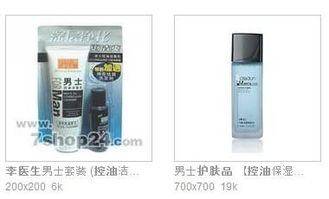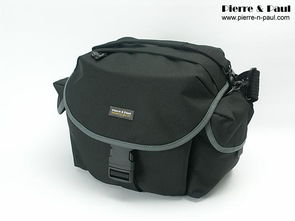Does Toner Help Acne?
Acne is a common skin condition that affects millions of people worldwide. It can be frustrating and challenging to manage, but many individuals turn to various skincare products in hopes of finding relief. One such product is toner, which is often used as part of a skincare routine. But does toner actually help with acne? Let’s delve into the details to find out.
Understanding Acne

Before we can determine whether toner helps acne, it’s important to understand what acne is. Acne is a skin condition that occurs when hair follicles become clogged with oil and dead skin cells. This can lead to the formation of whiteheads, blackheads, papules, pustules, and nodules. Factors such as genetics, hormones, diet, and stress can contribute to the development of acne.
What is Toner?

Toner is a skincare product that is typically applied after cleansing and before moisturizing. It is designed to remove any remaining traces of dirt, oil, and impurities from the skin. Toners come in various formulations, including alcohol-based, water-based, and herbal-based options. They can also contain ingredients that help to tighten pores, balance the skin’s pH, and provide additional skincare benefits.
How Toner Can Help Acne

There are several ways in which toner can potentially help with acne:
-
Removing Impurities: Toner can help to remove any remaining dirt, oil, and makeup from the skin that may have been missed during cleansing. This can prevent clogged pores and reduce the likelihood of acne breakouts.
-
Exfoliating: Some toners contain alpha-hydroxy acids (AHAs) or beta-hydroxy acids (BHAs), which can help to exfoliate the skin and remove dead skin cells. This can prevent pore clogging and reduce the appearance of acne.
-
Alcohol-Based Toners: Alcohol-based toners can help to dry out acne lesions and reduce inflammation. However, it’s important to note that excessive use of alcohol can be drying and may lead to irritation or increased oil production.
-
Herbal-Based Toners: Herbal-based toners often contain ingredients such as tea tree oil, witch hazel, and aloe vera, which have natural antibacterial and anti-inflammatory properties. These ingredients can help to reduce acne and soothe the skin.
Choosing the Right Toner
Not all toners are created equal, and it’s important to choose the right one for your skin type and acne concerns. Here are some tips for selecting the best toner for your needs:
-
Know Your Skin Type: If you have oily or combination skin, an alcohol-based toner may be a good option. However, if you have dry or sensitive skin, an alcohol-free, herbal-based toner may be more suitable.
-
Look for Key Ingredients: Look for toners that contain ingredients such as salicylic acid, glycolic acid, or tea tree oil, which have been shown to be effective in treating acne.
-
Consider Your Budget: Toner prices can vary widely, so it’s important to find a product that fits within your budget.
Using Toner Properly
Using toner correctly is crucial for its effectiveness. Here are some tips for using toner as part of your skincare routine:
-
Cleanse First: Always cleanse your skin with a gentle cleanser before applying toner.
-
Apply with a Cotton Ball: Dampen a cotton ball with toner and gently swipe it over your face, avoiding the eye area.
-
Do Not Overuse: Using toner too frequently can strip the skin of its natural oils and lead to irritation or increased oil production. Follow the instructions on the product label for the recommended usage frequency.
Conclusion
While toner can be a helpful addition to your skincare routine for managing acne, it’s important to remember that it is not a miracle solution. It should be used in conjunction with other acne treatments, such as topical medications, and a healthy skincare routine. Always





